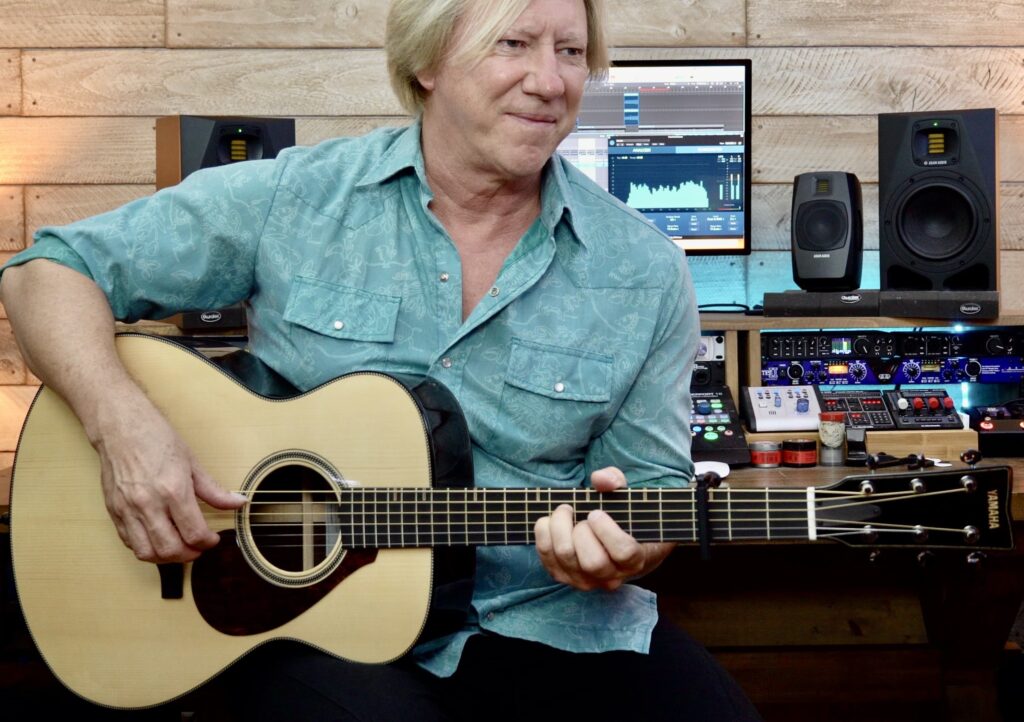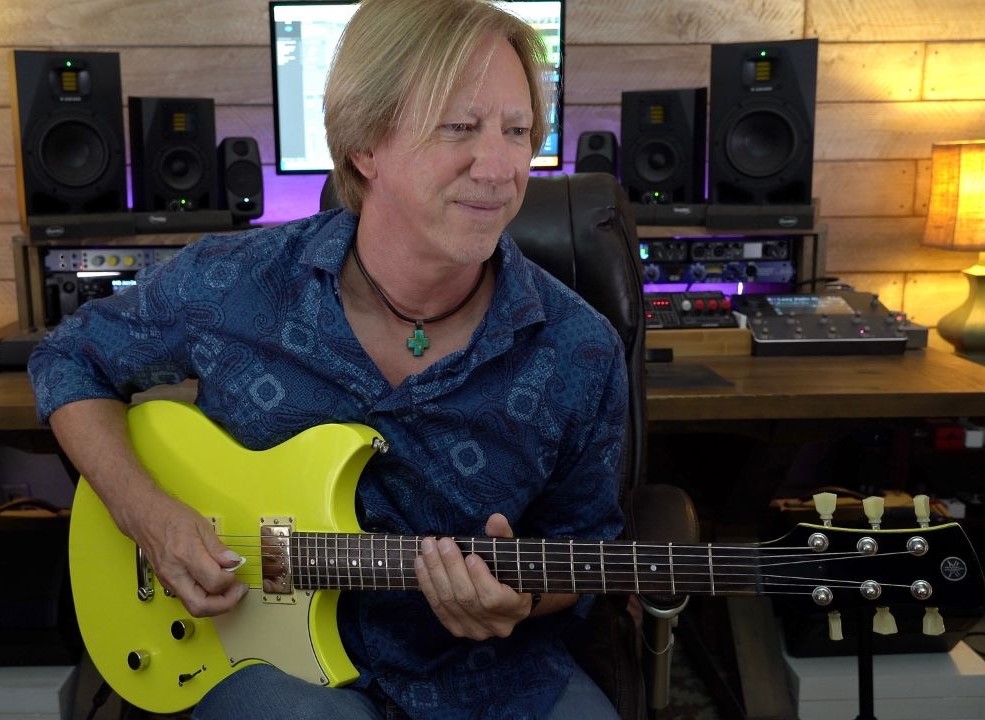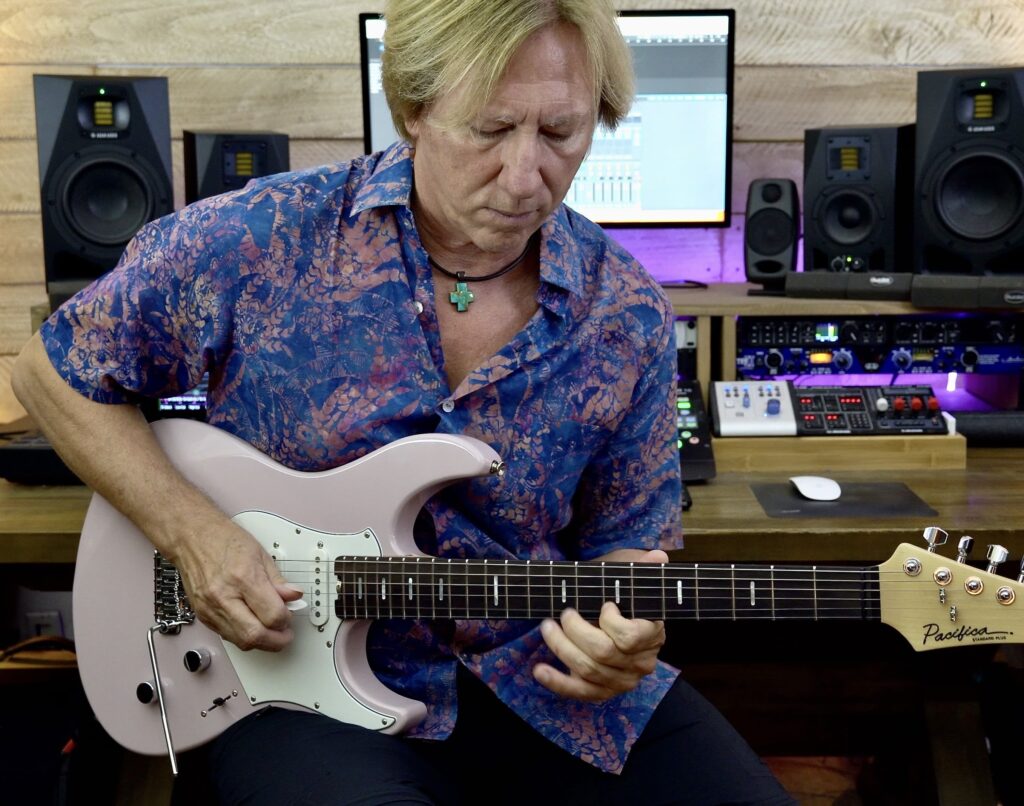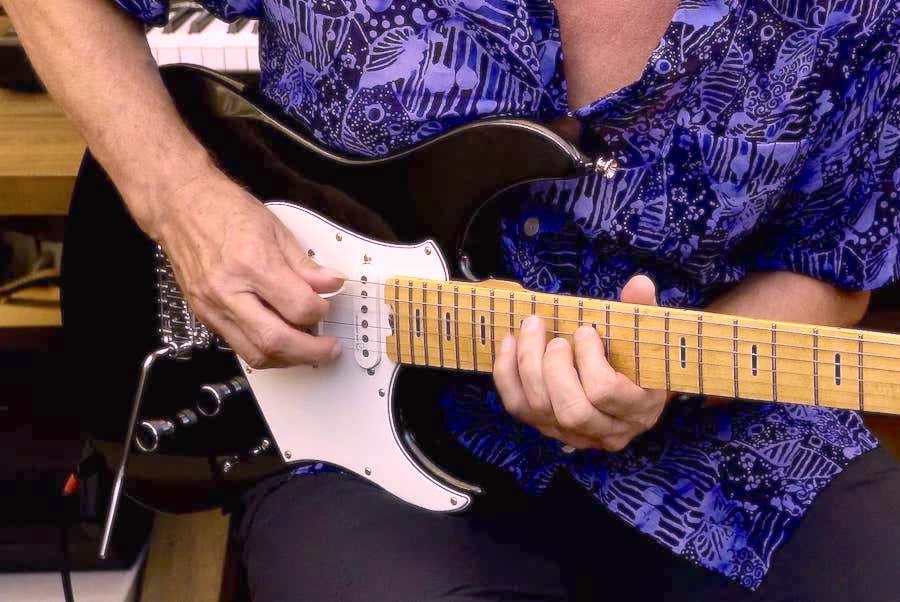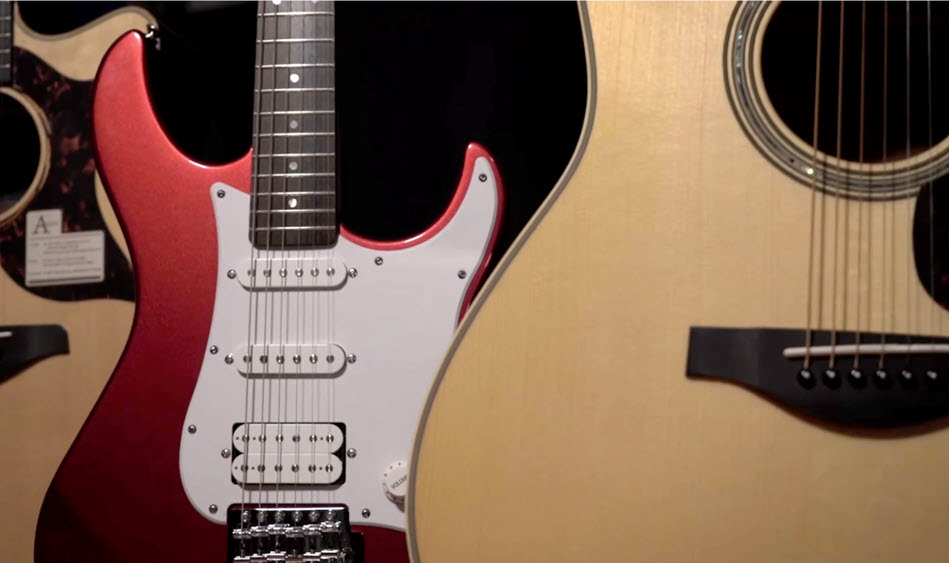Five Ways to Get From Noodling to Live Performance
How to keep your wits (and heart) inspired as you practice.
I never, ever thought I’d play in a band. Or perform on stage for anyone. I never thought my time spent musing alone would extend past the four walls of my bedroom.
In the long run, maybe that’s what helped make it all happen.
I got my first guitar, a six-string acoustic, when I was a freshman in college. A few months beforehand, I’d seen a songwriter on TV, accompanying himself on guitar as he performed a Beatles song on the anniversary of John Lennon’s death. I watched as thousands in the audience were enraptured. “I need to learn how to do that,” I thought.
It wasn’t so much the act of performing live that drove my interest. Rather, I wanted to understand the instrument. I wanted to know what it was like to pluck an E-string and to have the sound ring out.
When I got that first axe, I honestly didn’t want to sign up for any lessons. I didn’t want to do anything but noodle away at my own pace, whenever and however I chose. I picked that guitar up and put it down some 50 times a day. If it had been a dumbbell I would have slowly turned my arms to Arnold Schwarzenegger’s.
Somehow, I ended up playing in numerous bands, recording dozens of songs in prestigious studios and opening for prominent, Grammy-winning acts on big stages. I swear, I never thought this would happen. But if I think about it, I know how it did.
Based on my personal experience, here are five tips for getting from noodling to performing. With these in the back of your mind, you too may end up becoming a musician … whether you wanted to or not.
1. Play Often
Yes, practice can be painstaking and arduous. And while it’s necessary at times, what’s more important is for you to keep your spirit up and your appreciation of music intact. If your practicing is breaking the will to move forward, something is wrong. Put down the intricate sheet music and learn a favorite TV theme song instead, or vice versa. Playing often is the key to improvement, but enjoying it is the key to playing often.
And what you play doesn’t have to be strenuous. For guitar players, it can just be putting your fingers on the frets and moving them around. To use a fitness analogy that a wrestler friend once told me, “All that matters is that you go to the gym. Once you’re there, whatever happens is fine.” Just go, then decide if you’re tired.
2. Be Silly
The best musicians in the world like to goof off, whether backstage, during rehearsal or even in the middle of a performance. So let yourself do it, too. Nothing should be totally serious. Stress can easily become your foe.
Musicians can often find new tricks or sonic phrases — even discover an otherwise unimagined spark — when just goofing off. Offering yourself the chance to literally “play” and take the pressure off is important. We can learn as much about our craft when we’re smiling as when our brow is furrowed.
3. Focus (Sometimes)
While enjoyment is paramount, when you’re feeling particularly studious, make sure to spend time on the basics. Mastering scales and key signatures, along with learning how to read tabs and sheet music, can lead to more options for you whether or not you decide to get together and play with others. Music is like any language; to be able to “speak” it, you need to learn some of the rules. There’s no need to overload yourself, but gaining a solid grounding in basic musical principles can go a long way.
4. Follow Your Curiosity
Along the way, if you feel a desire to play with other people — whether in a loose jam session or in front of a live audience — do it. Your curiosity and creative instincts will determine your level of investment in music, as well as your point of view in the art form. But remember: Just because you play on stage once doesn’t mean you have to repeat the experience if you dislike it. Similarly, just because you jam with someone, doesn’t mean you’re now in a band. Your time is just that: yours. Find the best environment for you.
5. Listen
Your ear will teach you a great deal. Listen to the other musicians you play with; listen to yourself as you noodle absentmindedly. But most of all, listen to your heart the whole way through.










